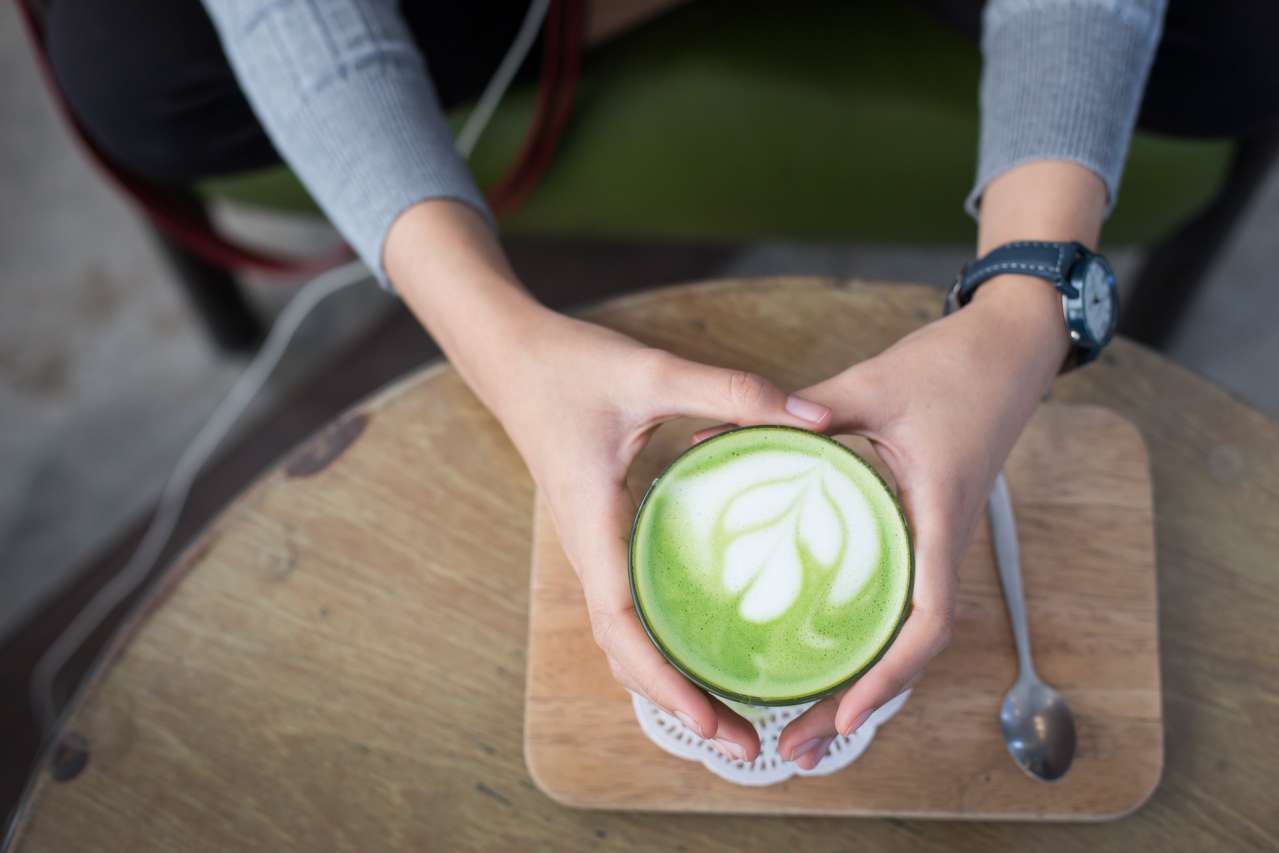Matcha has a nutty flavor, a slight sweet and slight bitter taste. Taste may be affected by quality.
Ceremonial grade matcha tends to have a sweeter flavor with less bitterness, while culinary grade matcha tastes less sweet and more nutty.
Does matcha bring you energy
Unlike coffee, tea caffeine acts more slowly and does not accumulate in the body.

Therefore, matcha invigorates more slowly, but its effect lasts longer and does not lead to caffeine starvation.
What is the effect of matcha
Catechin is a very strong antioxidant that works to rejuvenate our body, and epigallocatechin gallate contained in matcha reduces sugar levels and works as an antibiotic.
Matcha improves memory and concentration.
Another effect of L-theanine is the production of dopamine and serotonin.
These substances improve mood, improve memory and concentration.
Matcha increases energy and stamina levels.
Which matcha is the most useful
Blue matcha: active ingredients The main active ingredients of this drink are anthocyanins.
These antioxidants are found in all purple, dark blue foods - blueberries, blueberries, plums.
They are capable of inhibiting the aging process at the cellular level and have enormous antitumor potential.
Benefits of blue matcha
Improves memory. Relieves irritability.
Reduces cortisol levels, so with one-time use it relieves stress, and with regular use it relieves chronic fatigue and insomnia.
At the same time, just like Anchan, blue matcha is not recommended to be consumed at night.












